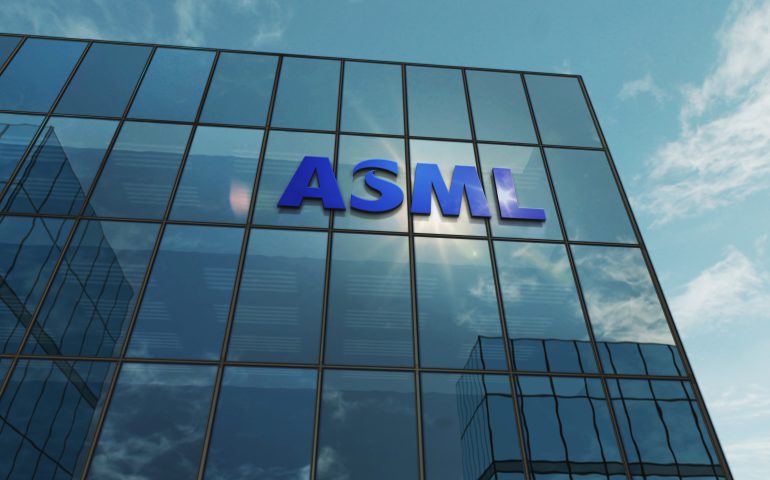The global semiconductor industry, which lies at the heart of technological innovation and economic growth, is increasingly becoming a battleground for geopolitical tensions. Recent developments, particularly in Europe and the United States, suggest that chip companies may indeed have reasons to be concerned about their future operations and market stability.
American involvement and market distortions
The US government is reportedly considering imposing some of the strictest trade restrictions yet on exports to China, particularly targeting advanced chip technology. The rationale behind these restrictions is the US government’s concern that advanced chip technology could bolster China’s military capabilities. These restrictions, if implemented, could severely impact companies like ASML, a Dutch chip-making giant, and Tokyo Electron, a leading Japanese semiconductor equipment manufacturer. According to reports from Bloomberg, these measures could prevent any product made with US technology – domestically or abroad – from being sold to China. Given that nearly every chip product incorporates US technology, this could create significant disruptions in the global supply chain.
ASML, pivotal in producing advanced chips through its cutting-edge lithography machines, has already felt the effects of US pressures. The company has faced multiple export restrictions, initially on its most advanced EUV machines and more recently on certain models of the second-newest generation. T
European commission’s measures and concerns
The situation is also tense in Europe. The European Commission is increasingly wary of China’s influence in the semiconductor sector, particularly regarding how Chinese companies, supported by extensive government subsidies, might be undercutting European firms. The Commission’s recent actions, including imposing tariffs on Chinese electric vehicles, are part of a broader strategy to protect European industries from what it sees as unfair competition.
The Commission has also been gathering information from European chipmakers about the competitive landscape, asking whether there are viable alternatives to Chinese products and whether European companies would be open to collaborative efforts, such as shared production facilities. These inquiries suggest that the EU is considering bolstering its semiconductor production capacity, which could escalate trade tensions with China.
ASML has expressed concerns about the potential fallout from a trade war with China. CEO Christophe Fouquet noted that Europe cannot meet its semiconductor demand without imports from China, making open trade vital for the industry. Any disruptions could have severe consequences, not just for ASML but for the broader European technology sector.
Market reactions and investor anxiety
The prospect of new US export restrictions has led to significant declines in the stock prices of major chip companies, including ASML and Tokyo Electron. Investors are understandably jittery, given the potential for these restrictions to cut off key markets and disrupt global supply chains. ASML’s stock dropped nearly 11% on the Amsterdam stock exchange, reflecting investor fears about the company’s future revenue from China, a key market for its products.
Moreover, the upcoming US presidential election adds another layer of uncertainty. Candidate Donald Trump’s recent comments about Taiwan, a key player in the semiconductor industry, have heightened fears of geopolitical instability. Trump’s assertion that Taiwan has “taken over 100%” of the US chip business and his provocative stance towards China’s influence in Taiwan has only added to concerns about potential conflicts that could further destabilize the global chip market.
The combination of potential new US export restrictions, escalating trade tensions between Europe and China, and market volatility poses significant risks to their operations and profitability. As the world becomes increasingly digital, with technologies like artificial intelligence driving demand for more powerful chips, the stakes for the semiconductor industry have never been higher. The ability of companies like ASML to navigate this complex and shifting landscape will be crucial for their continued success and for the stability of the global tech ecosystem.
Written by Priyanka Sharma
